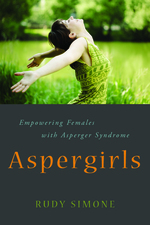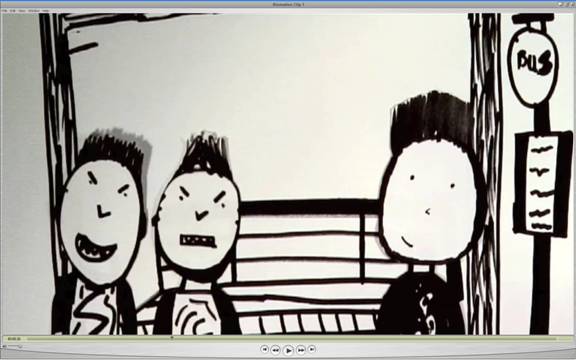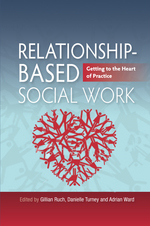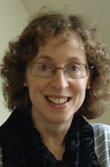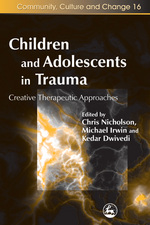Atle Dyregrov on Supporting Traumatized Children and Teenagers
“There are a variety of self-help techniques that the individual can use for their own sake…In addition to individual methods, there must be systems in place to secure good follow-up for personnel involved in critical incidents or in work with traumatized children over time.”

